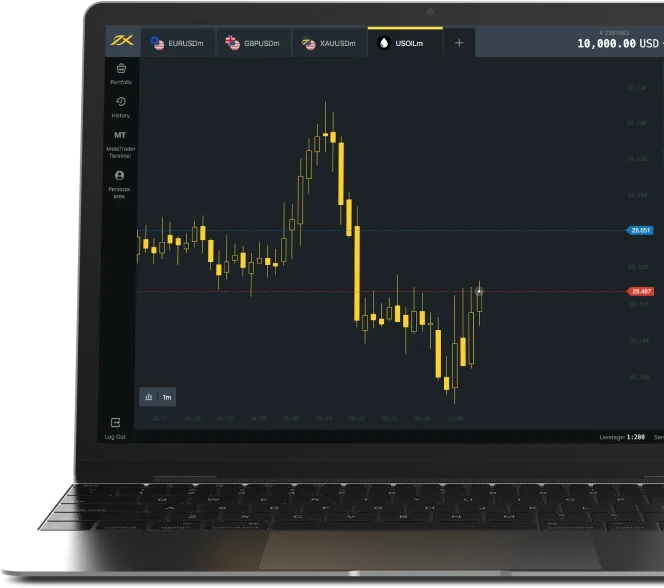Brokers are essential in trading because they bridge the gap between individual traders and the complex financial markets. Without them, accessing exchanges and executing trades efficiently would be nearly impossible for most retail investors. They also provide critical tools such as leverage, risk management features, and analytical resources that help traders make informed decisions. Many brokers offer educational content and demo accounts, allowing beginners to practice trading strategies before risking real capital. Additionally, brokers play a role in ensuring fair market practices, as regulated firms must comply with anti-fraud measures and maintain segregated accounts for client funds. Ultimately, the right broker enhances a trader’s ability to navigate market fluctuations while minimizing risks and costs.

List of popular trading platforms
Platforms developed by US brokers
-
TastyFX – Enjoy spreads starting from 0.8 pips on EUR/USD, lightning-fast order execution, and a powerful proprietary platform packed with advanced features. Benefit from premium services, including rebate programs and industry-leading market research.
-
Plus500 US – Experience the next level of trading with the state-of-the-art WebTrader platform. Access a diverse selection of forex futures with Standard, Mini, and Micro contracts, all at highly competitive commission rates. Get round-the-clock support via live chat and email, with a low $100 minimum deposit to start trading.
International trading platforms
-
Exness – Exness stands out as the best overall broker, offering a proprietary trading platform alongside MT4 and MT5. Traders benefit from Trading Central signals and a diverse selection of account types tailored to different trading strategies.
-
Vantage – Vantage excels in copy trading, providing MT4, MT5, TradingView, and a proprietary mobile app. It supports multiple third-party copy trading services, including ZuluTrade, Myfxbook Copy, and DupliTrade. Traders can access raw spread and ECN account options for optimal pricing.
-
TMGM – TMGM offers a comprehensive range of account types, featuring MT4, MT5, and IRESS platforms. The broker specializes in raw spread ECN accounts and provides access to a vast selection of trading instruments with competitive forex spreads. Tools like Trading Central and HUBx further enhance the trading experience.
-
FxPro – FxPro delivers an advanced research experience with its proprietary Edge platform, alongside MT4, MT5, and cTrader. Traders can access over 2,100 instruments, in-house market news, analysis, and premium research tools like Trading Central and LiveSquawk News. Extensive educational resources make it an excellent choice for informed trading.
-
ActivTrades – ActivTrades offers one of the best MT4 trading experiences, supporting Windows, Mac, web, and mobile platforms. In addition to MT5, ActivTrader, and TradingView, the broker provides multiple account types and prioritizes enhanced fund protection for traders.
-
Swissquote – Swissquote stands out for its powerful proprietary Advanced Trader platform, complemented by MT4, MT5, and robo-advisory services. With institutional and credit solutions, it caters to both retail traders and professional money managers.
-
Tickmill – Tickmill is ideal for novice traders, offering a user-friendly environment with extensive educational materials, live webinars, and free demo trading accounts. Its multiple trading platforms and intuitive tools provide an excellent starting point for beginners.
-
IG – IG boasts an impressive selection of over 17,000 tradable instruments, making it a top choice for traders seeking variety. It supports trading and investing accounts with platforms such as IG Web Trader, MT4, ProRealTime, and L2 Dealer.
-
IC Markets – IC Markets is renowned for its ultra-low spreads and competitive fees. Traders can access raw spread accounts via MT4, MT5, and cTrader, while benefiting from premium tools like Trading Central and AutoChartist.
-
FP Markets – FP Markets caters to experienced traders with MT4, MT5, cTrader, and IRESS platforms. It supports MAM and PAMM accounts and integrates advanced trading tools, including Trading Central, AutoChartist, and Myfxbook Copy. Raw spread accounts further enhance the trading experience.
-
IronFX – IronFX offers a strong selection of 32 cryptocurrencies, along with MT4, WebTrader, MAM, and TradeCopier platforms. With seven account types and access to Trading Central and automated trading tools, it’s a top choice for crypto-focused traders.
Why It Is Important to Be Careful When Choosing a Trading Platform
Selecting the right trading platform is a crucial step for anyone looking to trade financial assets. The choice affects not only the convenience of executing trades but also the security of funds, the accuracy of market data, and the overall user experience. Many traders, especially beginners, focus on the visual appeal of a platform or its promotional offers, overlooking key aspects such as regulation, order execution speed, and available trading instruments. A poor choice can lead to financial losses, security breaches, or even the inability to withdraw funds. Therefore, conducting thorough research before committing to a platform is essential for safe and effective trading.
One of the primary risks associated with unreliable trading platforms is the lack of proper regulation. Regulated platforms operate under strict financial laws, ensuring transparency and fair trading conditions for users. Unregulated platforms, on the other hand, may engage in unethical practices, such as price manipulation or freezing withdrawals without justification. Traders should verify whether a platform is licensed by reputable authorities, such as the Financial Conduct Authority (FCA) or the U.S. Securities and Exchange Commission (SEC). Without proper oversight, users risk falling victim to scams that can wipe out their investment.

Another crucial factor is the security measures implemented by the platform. Cyber threats are a growing concern, and trading accounts are often targeted due to the financial assets they hold. A secure platform should offer encryption, two-factor authentication, and robust data protection policies. Insecure platforms may expose users to hacking attempts, resulting in the loss of personal information or funds. Traders should also be cautious of phishing schemes disguised as official platform communications, as these can lead to account breaches.
The quality of order execution is another aspect that can significantly impact trading outcomes. Platforms with slow execution times or frequent system lags can cause traders to miss profitable opportunities or execute trades at unfavorable prices. Market volatility requires a reliable infrastructure that ensures orders are placed instantly at the desired price. Some platforms use questionable execution methods that create artificial slippage, leading to losses for traders while benefiting the platform itself. Testing a platform’s speed and reliability through a demo account can help determine whether it meets professional trading standards.
Customer support is an often-overlooked but essential aspect of a trading platform. Reliable platforms offer prompt assistance through multiple channels, such as live chat, email, and phone support. Poor customer service can leave traders helpless in critical situations, such as account access issues or withdrawal delays. Before registering, traders should assess the responsiveness of a platform’s support team by sending inquiries and analyzing response times. A platform that fails to provide adequate support may not be a trustworthy choice for long-term trading.
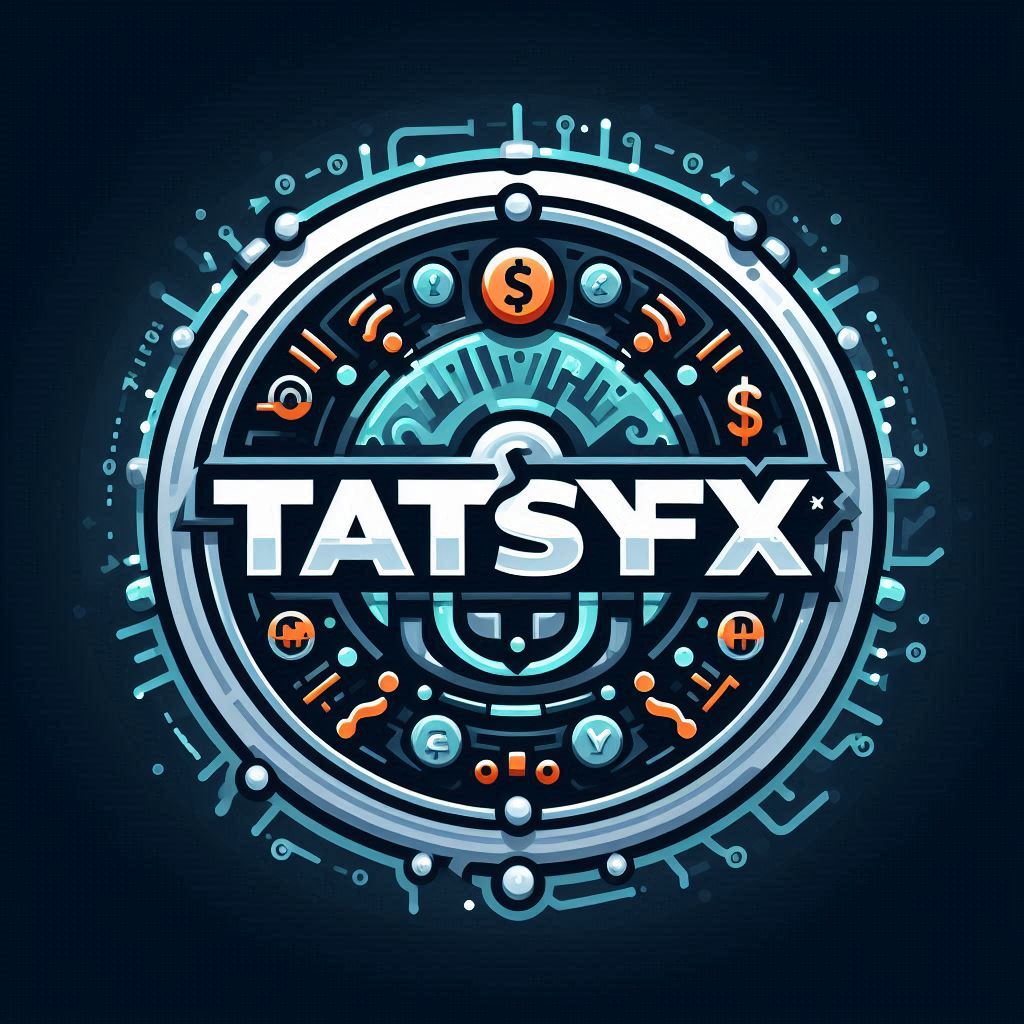
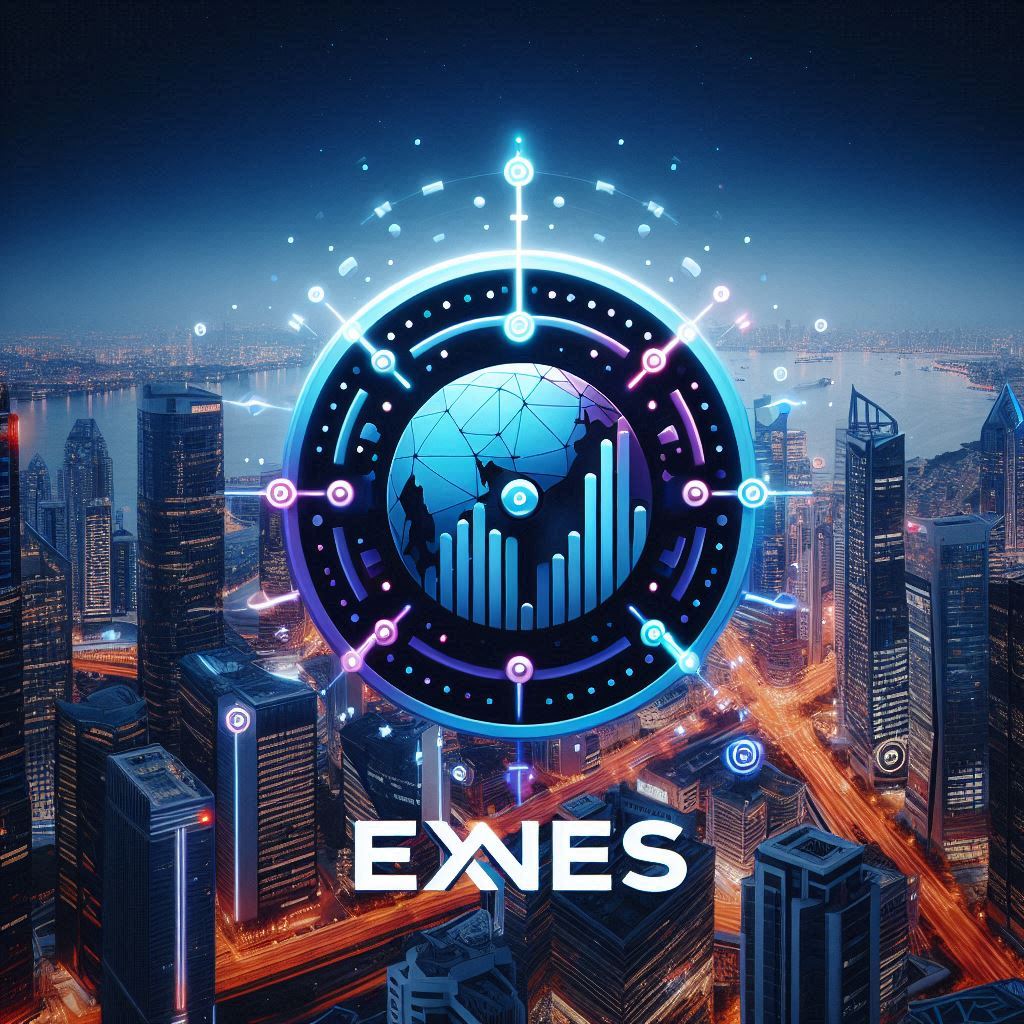
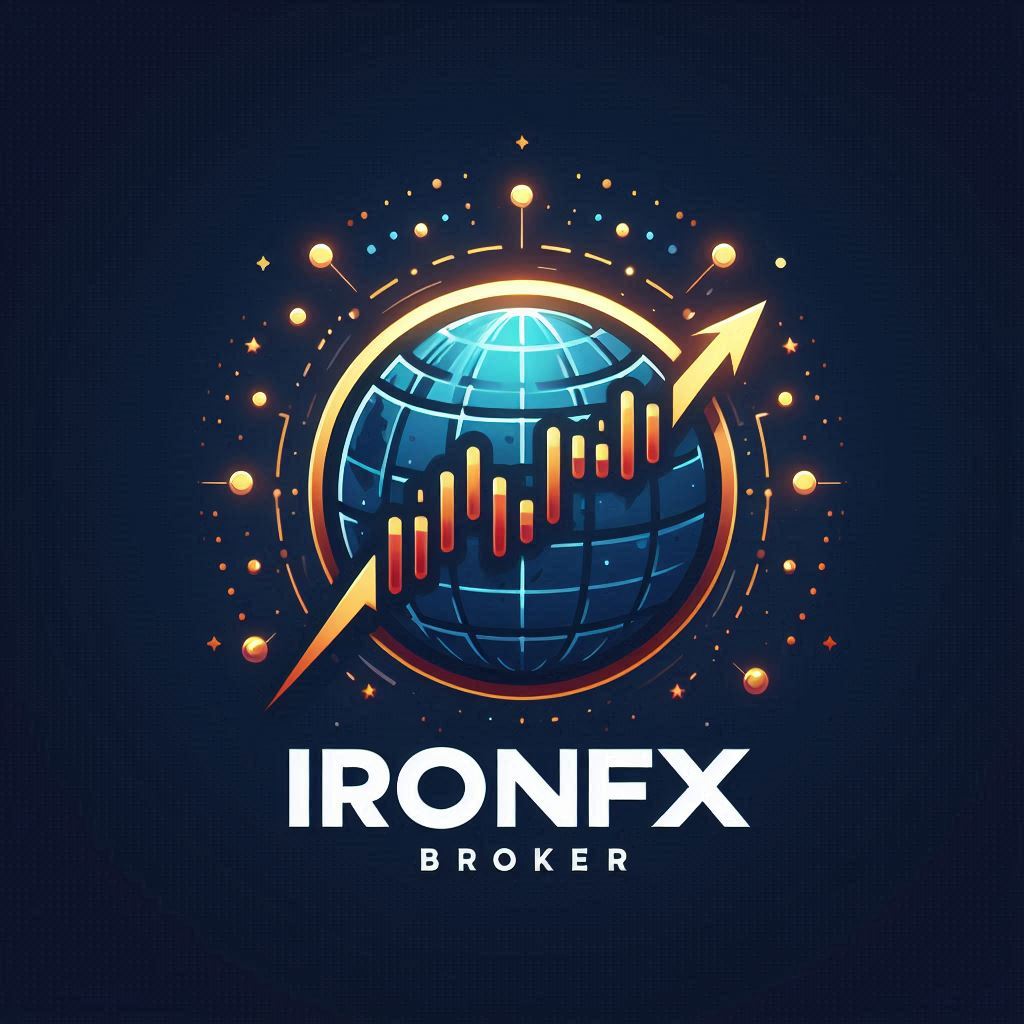
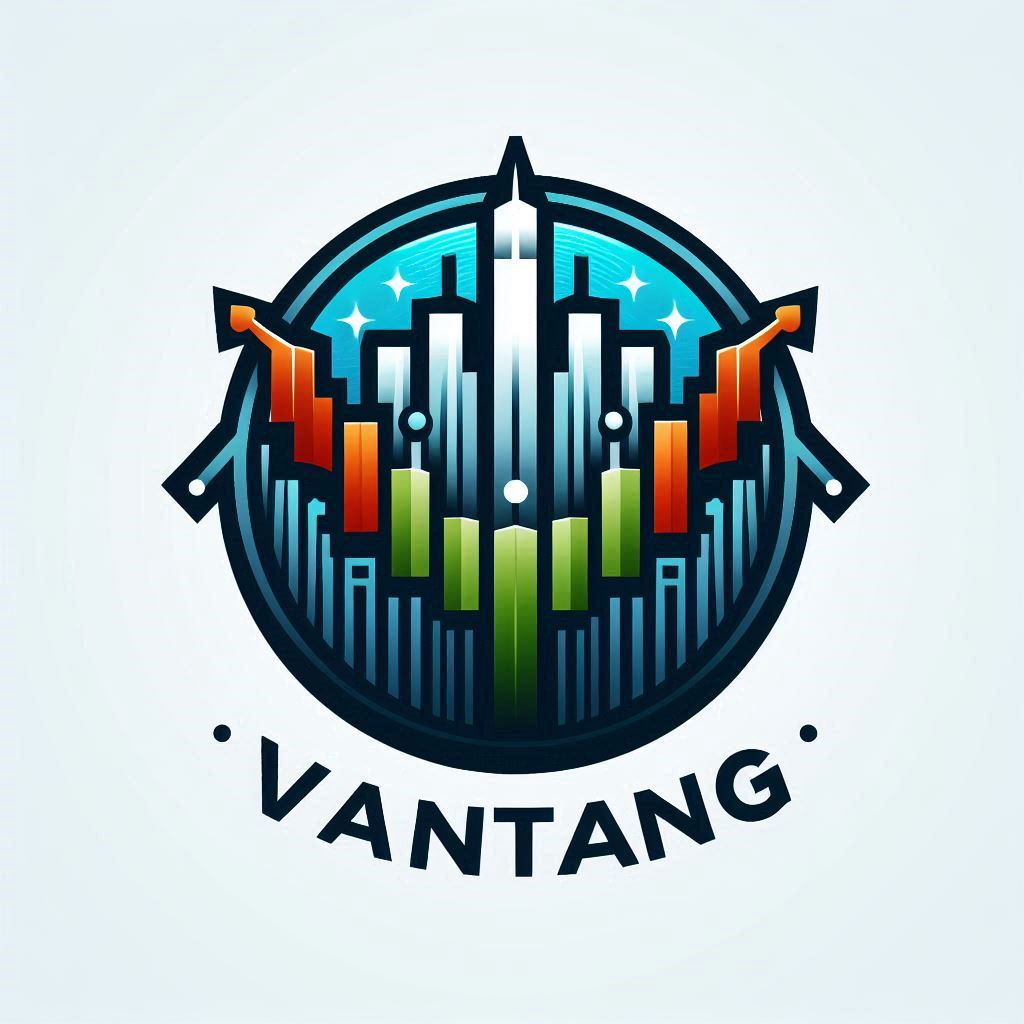
Key factors to consider when choosing a trading platform:
- Regulation and Licensing – Ensure the platform is authorized by a reputable financial body.
- Security Measures – Look for encryption, two-factor authentication, and fraud protection.
- Order Execution Speed – Test the platform for delays and slippage in trade execution.
- Asset Variety – Check if the platform offers a diverse range of trading instruments.
- Customer Support Quality – Evaluate responsiveness and availability of support services.
Making an informed choice about a trading platform requires careful evaluation of multiple factors. Relying solely on advertisements or user reviews without verifying a platform’s credibility can lead to severe financial consequences. By prioritizing regulation, security, execution speed, and customer service, traders can minimize risks and create a stable foundation for their trading activities. A well-researched choice not only enhances profitability but also ensures a safer and more efficient trading experience.
Review of the Top 13 Trading Platforms for Trading
1. Tastyfx
🟢 Min Deposit: 250$
🟢 Tradable Instruments: 82
🟢 Fees: Low
Tastyfx is a modern trading platform tailored for options and futures trading. It offers an intuitive interface, advanced charting tools, and commission-free stock trading. The platform is ideal for traders looking for innovative options strategies and seamless execution. Tastyfx also provides educational resources to help traders make informed decisions. However, it may not be the best choice for forex traders, as its primary focus is on options and equities.
Choosing the right trading platform is essential for both novice and experienced traders. Factors such as trading instruments, fees, regulatory compliance, and platform usability significantly impact the overall experience. Below is a detailed review of the top 13 trading platforms, highlighting their key features and offerings.
2. Plus500 US
🟢 Min Deposit: 100$
🟢 Tradable Instruments: 52
🟢 Fees: Low
Plus500 US is known for its simplicity and user-friendly interface. It provides access to a variety of financial instruments, including stocks, forex, and commodities. The platform offers a risk-free demo account, making it an excellent choice for beginners. One of its strongest features is the absence of commissions, with costs embedded in the spreads. However, advanced traders might find the platform lacking in sophisticated analytical tools.
3. Exness
🟢 Min Deposit: 0$
🟢 Tradable Instruments: 240
🟢 Fees: Medium
Exness stands out for its competitive spreads, ultra-fast trade execution, and flexible leverage options. Regulated by multiple authorities, it ensures a secure trading environment. The platform supports forex, metals, cryptocurrencies, and indices. Exness offers a range of account types, making it suitable for both beginners and professionals. Additionally, its transparent pricing and 24/7 customer support enhance the trading experience.
4. Vantage
🟢 Min Deposit: 50$
🟢 Tradable Instruments: 935
🟢 Fees: Low
Vantage is a highly reliable forex and CFD trading platform that offers ECN accounts with low spreads. It integrates seamlessly with MetaTrader 4 and MetaTrader 5, providing traders with access to powerful analytical tools. The platform also supports social trading, allowing users to follow successful traders. Its major advantage is the availability of multiple trading accounts catering to different trading styles. However, the withdrawal process may take longer than some competitors.
5. TMGM
🟢 Min Deposit: 100$
🟢 Tradable Instruments: 10107
🟢 Fees: High
TMGM provides access to a wide range of trading assets, including forex, commodities, and indices. It is well-suited for high-frequency traders due to its deep liquidity and fast execution speeds. The platform integrates with both MT4 and MT5, offering a seamless trading experience. Additionally, TMGM ensures high regulatory standards, making it a secure option. However, beginners may find its advanced features overwhelming.
6. FxPro
🟢 Min Deposit: 100$
🟢 Tradable Instruments: 2120
🟢 Fees: Medium
FxPro is a globally recognized broker offering competitive pricing and robust trading platforms. It provides access to a broad range of markets, including forex, shares, futures, and cryptocurrencies. The platform is best known for its no-dealing-desk execution, reducing conflict of interest between brokers and traders. While its customer support is responsive, the platform’s higher spreads might be a drawback for some traders.
7. ActivTrades
🟢 Min Deposit: 0$
🟢 Tradable Instruments: 1253
🟢 Fees: Medium
ActivTrades is a reputable broker with a strong regulatory background. It offers an extensive selection of trading instruments, including forex, indices, and commodities. The platform provides risk management tools and negative balance protection, ensuring traders’ safety. Its competitive spreads and low commission fees make it an attractive choice. However, the absence of a proprietary trading platform may be a downside for traders looking for an all-in-one solution.
8. Swissquote
🟢 Min Deposit: 1000$
🟢 Tradable Instruments: 506
🟢 Fees: Medium
Swissquote is a premium broker known for its banking security and comprehensive trading tools. It offers an extensive range of financial instruments, including stocks, forex, and ETFs. The platform provides deep market liquidity, ensuring smooth trade execution. Swissquote is highly regulated, making it a trustworthy option for investors. However, the higher minimum deposit requirement might deter beginners.
9. Tickmill
🟢 Min Deposit: 100$
🟢 Tradable Instruments: 649
🟢 Fees: Medium
Tickmill is a popular choice among professional traders due to its low-cost trading and advanced analytical tools. It offers spreads starting from 0.0 pips and supports algorithmic trading through MT4 and MT5. The platform’s execution speed and regulatory compliance enhance its credibility. Additionally, Tickmill provides educational resources to help traders improve their strategies. The lack of a proprietary mobile app might be a disadvantage for mobile traders.
10. IG
🟢 Min Deposit: 50$
🟢 Tradable Instruments: 17205
🟢 Fees: Medium
IG is one of the most well-established trading platforms with a strong global presence. It offers a vast selection of assets, including forex, commodities, stocks, and cryptocurrencies. The platform features powerful charting tools and in-depth market analysis. IG is highly regulated, ensuring a secure trading environment. However, its high fees on some instruments may be a downside for cost-conscious traders.
11. IC Markets
🟢 Min Deposit: 200$
🟢 Tradable Instruments: 2245
🟢 Fees: Low
IC Markets is a leading ECN broker, known for its tight spreads and lightning-fast execution. It caters to scalpers and algorithmic traders by providing deep liquidity and minimal slippage. The platform integrates seamlessly with MT4, MT5, and cTrader. IC Markets also offers competitive pricing, making it a cost-effective choice. However, its customer support response times could be improved.
12. FP Markets
🟢 Min Deposit: 100$
🟢 Tradable Instruments: 8977
🟢 Fees: Low
FP Markets is an award-winning broker providing a seamless trading experience with competitive spreads and low commissions. It supports forex, stocks, indices, and commodities trading. The platform offers multiple account types, catering to both retail and institutional traders. FP Markets also features a strong regulatory framework, ensuring trader security. The platform’s interface, however, might be less intuitive for beginners.
13. IronFX
🟢 Min Deposit: 0$
🟢 Tradable Instruments: 321
🟢 Fees: Medium
IronFX is a globally recognized broker with a diverse range of financial instruments. It provides various account types, including fixed and floating spreads, catering to different trading styles. The platform offers a solid trading infrastructure, integrating with MT4 and MT5. IronFX also supports multi-lingual customer service, making it accessible worldwide. However, past controversies regarding withdrawal delays may raise concerns for some traders.
Key Takeaways
Each of these trading platforms has unique advantages, making them suitable for different types of traders. To summarize:
- Best for beginners: Plus500 US, Exness, FP Markets
- Best for professional traders: IC Markets, Tickmill, Vantage
- Best for options trading: Tastyfx
- Best for security and regulation: Swissquote, ActivTrades, IG
When selecting a trading platform, consider your trading style, preferred assets, and required features. Testing demo accounts can help determine which platform best suits your needs.
Recommendations for Choosing a Trading Broker
Choosing the right trading broker is a crucial step for any trader, whether a beginner or an experienced investor. The broker serves as the intermediary between the trader and financial markets, providing access to various assets, platforms, and trading tools. Selecting an unreliable broker can lead to financial losses, poor execution speeds, or even security risks. Therefore, it is essential to evaluate different brokers based on specific criteria to ensure a smooth and secure trading experience.
Key Factors to Consider
One of the first things to assess when selecting a broker is its regulatory status. A well-regulated broker operates under the supervision of financial authorities, ensuring compliance with legal and ethical standards. Regulatory bodies such as the U.S. Securities and Exchange Commission (SEC), the UK’s Financial Conduct Authority (FCA), and the Cyprus Securities and Exchange Commission (CySEC) offer traders some level of protection. Brokers regulated by these institutions must adhere to strict policies regarding transparency, fund segregation, and fair trading practices. Choosing a broker with a solid regulatory background minimizes the risk of fraud or unethical behavior.

Another critical aspect is the trading platform and available tools. A good trading platform should be user-friendly, feature-rich, and provide fast execution speeds. MetaTrader 4 (MT4) and MetaTrader 5 (MT5) are among the most popular platforms, known for their advanced charting tools and automated trading capabilities. Some brokers also offer proprietary platforms with unique features tailored to specific trading strategies. It is advisable to test a broker’s platform using a demo account to evaluate its usability, execution speed, and compatibility with your trading style.
Transaction costs play a significant role in long-term trading profitability. Brokers charge fees in the form of spreads, commissions, or overnight financing costs. While some brokers offer zero-commission trading, they may compensate by widening the spread, increasing overall costs. Traders should compare different fee structures and select a broker that aligns with their trading frequency and strategy. For example, day traders might prefer brokers with tight spreads and low commissions, while long-term investors may focus more on stability and account maintenance fees.
Security measures should also be a priority when choosing a broker. The safety of funds and personal data depends on the broker’s cybersecurity protocols and fund protection policies. Reputable brokers implement strong encryption, two-factor authentication, and segregated client accounts to prevent unauthorized access and financial mishandling. Checking user reviews and past security incidents can provide insights into how well a broker protects its clients’ assets.
Additional Considerations
Beyond the fundamental factors, several additional elements can impact the overall trading experience:
- Deposit and withdrawal processes – Reliable brokers offer convenient and fast deposit/withdrawal options without excessive fees or delays.
- Customer support quality – A responsive and knowledgeable support team can be crucial in resolving technical issues or account-related concerns.
- Asset variety – A diverse range of instruments, including forex, stocks, commodities, and cryptocurrencies, provides traders with more opportunities.
- Educational resources – Some brokers offer webinars, tutorials, and market analysis, which can be beneficial for beginner traders.
- Leverage and margin requirements – Understanding the broker’s leverage options and associated risks is essential for effective risk management.
Selecting a broker should be a well-researched decision based on personal trading goals and risk tolerance. By carefully evaluating regulation, trading platforms, costs, security measures, and additional features, traders can find a broker that best suits their needs. Taking the time to compare multiple options and test demo accounts can significantly improve trading efficiency and safety in the long run.
How to Start Trading on a Trading Platform
Entering the world of online trading can be both exciting and overwhelming for beginners. A trading platform provides access to financial markets, allowing users to buy and sell assets such as stocks, forex, cryptocurrencies, and commodities. However, before you start, it’s essential to understand the basics, choose the right platform, and develop a clear strategy. Successful trading requires knowledge, discipline, and risk management, so taking the right steps at the beginning is crucial.
Choosing the Right Trading Platform

The first step in starting your trading journey is selecting a reliable trading platform that suits your needs. Different platforms offer various features, including asset selection, trading tools, fees, and user interfaces. A beginner-friendly platform should provide educational resources, demo accounts, and a simple design to help users navigate the system easily. Security is another critical factor, as a platform should have strong encryption and regulatory compliance. Before committing, read reviews, compare options, and test the platform using a demo account to ensure it aligns with your trading goals.
Setting Up Your Trading Account
Once you’ve chosen a platform, the next step is creating and verifying your trading account. Most platforms require users to provide personal details, verify their identity, and deposit an initial amount to start trading. Account verification is essential to comply with financial regulations and ensure security. Some platforms offer different account types, including standard, professional, or Islamic accounts, each with unique features and benefits. Understanding the terms, conditions, and deposit requirements of your chosen account will help you avoid unexpected limitations.
Learning the Basics of Trading
Before making your first trade, take the time to learn fundamental trading concepts and strategies. Markets operate based on supply and demand, and price movements depend on economic factors, investor sentiment, and global events. Understanding technical analysis, which involves reading charts and indicators, can help you identify potential entry and exit points. Equally important is fundamental analysis, which focuses on economic reports, earnings, and industry trends. Knowledge of order types, such as market, limit, and stop-loss orders, will also enable you to execute trades effectively.
Placing Your First Trade
After gaining a basic understanding of trading principles, you can proceed to place your first trade. Start with a demo account to practice risk-free before switching to live trading. Choose a financial asset, analyze its price movement, and decide whether to buy or sell. Set appropriate risk management tools like stop-loss and take-profit orders to protect your capital. Trading platforms often provide leverage, which allows traders to control larger positions with smaller deposits, but it also increases risk. Begin with small trades and gradually build confidence as you gain experience.
Essential Tips for Beginner Traders
To increase your chances of success in trading, follow these key principles:
- Start with a demo account to practice without financial risk.
- Manage your risk by setting stop-loss and take-profit levels.
- Stay informed about market trends, economic events, and news.
- Avoid emotional trading and stick to your strategy.
- Use proper position sizing to protect your trading capital.
Trading is a continuous learning process, and improvement comes with experience and analysis. Keep a trading journal to track your decisions, profits, and mistakes. Regularly review your trades to identify patterns and adjust your strategy accordingly. Many platforms provide advanced tools like analytics, market insights, and automated trading features to enhance your performance. By staying disciplined and adaptable, you can gradually refine your approach and achieve long-term success in trading.
FAQ
Which forex broker is best overall?
Exness is considered the best overall broker due to its proprietary trading platform, MT4/MT5 support, and a wide range of account options suitable for traders of all levels. It also offers Trading Central signals for informed decision-making.

